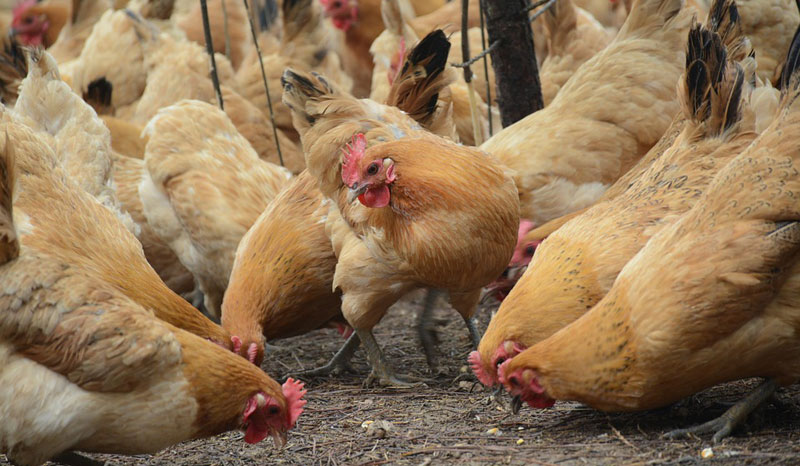Africa’s non-governmental organisations have called for a ban of raising chickens in battery cages as it was cruel and carried harmful germs that can spread to humans.
Most small-scale poultry producers in Africa use battery cages to breed their chickens, mostly in backyards.
However, at a media workshop on chicken farming underway in Bulawayo, Zimbabwe, NGOs in Africa, Open Wing, Africa Network for Animal Welfare and Nurture Imvelo Trust, say the practice is harmful to both chickens and humans.
Programme manager for Africa Network for Animal Welfare Josiah Ojwang from Kenya said caged chicken farming is a cruel practice.
“Battery cages are very cruel to the chickens; they compromise the welfare of the chickens. You would realise that cages were banned in Europe, and why should we allow them here in Africa?” Ojwang said.
“This is where the media comes in because it is influential. As the media, you have a huge role to play to sensitise the public so that they rethink the issue of usage of battery cages in chicken farming. They are cruel and oppressive and keeping chickens in cages is not compassionate.”
Open Wing Alliance official Sebastian Mwanza also condemned the practice.
“The media has a powerful role to play in advancing this campaign so that we remove the chickens from of these oppressive cages. The method violates animal freedoms,” he said.
“The media should come up with adequate ways to set the agenda so that the masses get to know about the effects that battery cages have on chickens in southern Africa. It is an inhumane practice that is very oppressive to the chickens.”
Nurture Imvelo Trust director Sanele Ndlovu said the rights of chickens were being violated through the use of battery cages to rear them.
“This includes the freedom of normal behaviour, pain and injury, and freedom from distress and discomfort.”
Ndlovu said caged chicken farming posed a health threat to human beings as battery cages can facilitate the spread of zoonotic diseases such as the avian flu.
A veterinarian, Felistas Ndlovu, urged the public to prioritise animal welfare and ensure that they are treated in the most humane manner possible.
“Animal welfare is a responsibility that must be shared by government and people who own, care for, and use animals, educational systems, veterinarians and scientists so that we relieve animal suffering,” she said.
Battery cages for layer hens will become illegal in New Zealand from 2023. The plan to ban battery cages has been 10 years in the making – in 2012 after the government committed to phasing them out by 1 January 2023.
Battery cages are broadly considered to be detrimental to the health and wellbeing of the birds, which cannot exercise natural behaviour and are exposed to infection and disease because of the cramped conditions.
Most of Europe, including the UK, banned the use of battery cages in 2012; Mexico, Israel and Canada have also banned battery cages. Australia announced in August it would phase out the cages by 2036.








